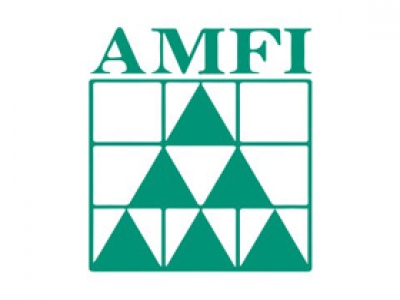AMFI has urged the government to ensure a level playing field between mutual fund investments and ULIPs offered by insurance companies. In its proposals for Union Budget 2021-2022, the industry body has noted three major proposals to bring parity between ULIPs and MF investments.
Proposal 1
One of the proposals is regarding capital gains tax on intra-scheme switches. Currently, “switching” of investment in units within the same scheme of a MF from growth option to dividend option or vice-versa and from regular plan to direct plan or vice-versa is considered a “Transfer”. Therefore, these switches are liable to capital gains tax, even though the amount invested remains in the mutual fund scheme.
“Even though there are no realized gains, as the underlying securities/ portfolio remains unchanged within the same MF scheme, these switches are liable to capital gains tax. However, the switching of investments to/from investment plans to another within the same ULIPs is not considered as a “Transfer” and hence, not subjected to any capital gains tax,” AMFI noted in the proposal.
Thus, AMFI said, there is a need to have uniformity in the tax treatment for “Switch” transactions in respect ULIPs and mutual funds to have a level playing field.
Proposal 2
Another proposal is to bring parity in tax treatment on capital gains on withdrawal of
investments in ULIPs and redemption of MF units.
Currently, long-term capital gains (LTCG) arising out of the sale of listed equity shares and units of equity-oriented MF schemes are taxed at the rate of 10%, if the LTCG exceeds Rs 1 lakh in a financial year.
However, the proceeds from ULIPs including early surrender or partial withdrawals are exempted from income tax if the sum assured in a life insurance policy is at least 10 times the annual premium and withdrawn after a lock-in of 5 years.
“Thus, there is a clear case of tax arbitrage, whereby ULIPs are not only placed at an advantageous position vis-à-vis MF schemes, but there is also a significant revenue leakage on capital gains from ULIPs, especially from the HNI segment. This needs to be plugged, considering the potential loss to the exchequer if this loophole / arbitrage is continued,” the proposal noted.
Proposal 3
The third proposal is to abolish the Securities Transaction Tax (STT) levied at the time of redemption of MF units by the investor.
Mutual fund investors bear the burden of stamp duty tax twice – at investor level (when he purchases MF units) and at portfolio level (when the fund manager executes transaction). While the first taxation is levied upfront, it is adjusted to the scheme’s TER in the second incidence.
However, there is no STT levied on the withdrawal proceeds from ULIPs.
“Thus, on this count also there is a clear case of tax arbitrage, whereby mutual funds are at a disadvantage as against the ULIPs. Hence, there is a need to ensure a level playing field between mutual fund investments and ULIPs,” the proposal noted.
Parity in debt securities and debt funds
Apart from bringing parity between MF investments and ULIPs, AMFI also requested the government to bring uniformity in taxation on listed debt securities and debt MFs.
Currently, the minimum holding period for units of debt-oriented mutual funds (listed or unlisted) to qualify as long-term capital asset is more than 36 months. However, direct investments in securities such as bonds/debentures, government securities, derivatives, etc. listed on a recognised stock exchange in India and zero coupon bonds (listed or unlisted) the holding period to qualify as long-term capital asset is just 12 months.
“Many HNIs are understood to have shifted their debt investments to listed zero coupon bonds, and thus managed to reduce their tax liability from peak rate of 43% to 10 % under LTCG. Thus, there is a need for harmonizing the tax treatment on investments in debt oriented MFs and direct investments in debt securities,” AMFI said.
AMFI proposed that this uniformity in taxation on listed debt securities and debt MFs can be brought in two ways -
- Treating investments in non-equity oriented mutual fund schemes which invest 65% or more in listed debt securities as long term, if they are held for more than 12 months
Or
- Increasing the minimum holding period for direct investment in listed debt securities / and Zero-Coupon Bonds (listed or unlisted) to 36 months to qualify as long-term capital asset
Further, AMFI has also requested that the threshold limit for withholding tax (TDS) on income
distribution (dividend) on mutual fund units be increased from Rs 5,000 to Rs 50,000 per annum.








